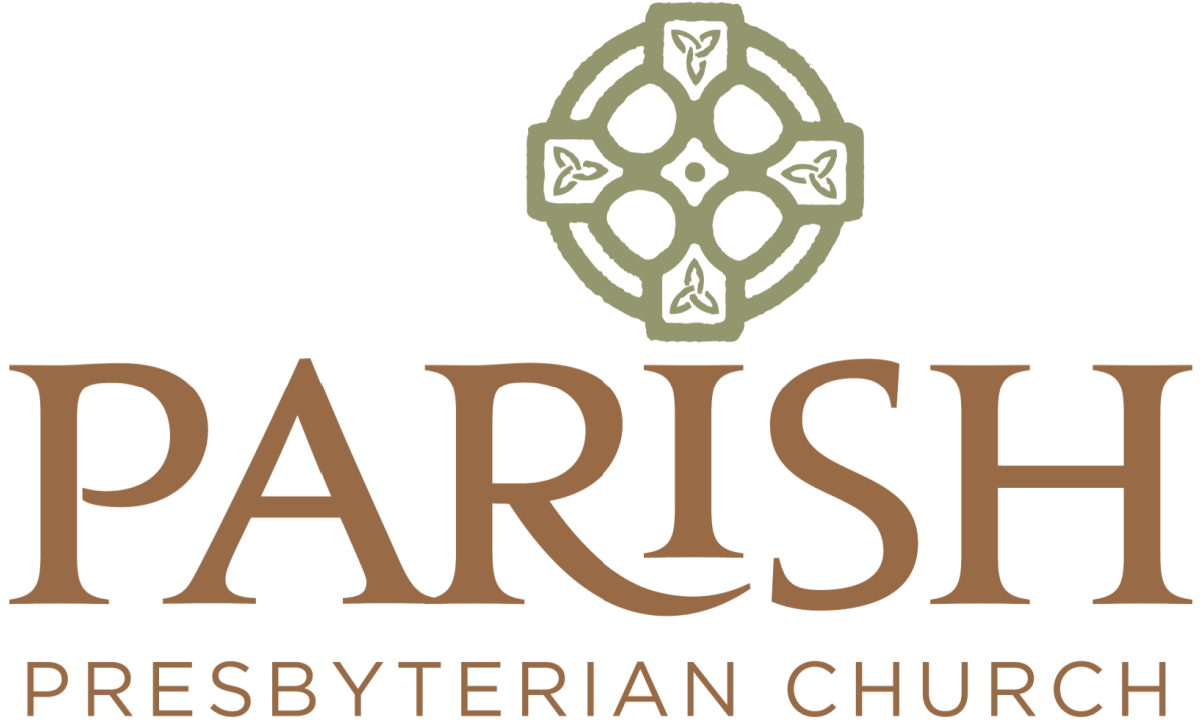Q. How doth Christ execute the office of a prophet?
A. Christ executeth the office of a prophet, in revealing to us, by His Word and Spirit, the will of God for our salvation.
—Westminster Shorter Catechism
Have you ever noticed how many Advent hymns and carols are based on texts from the Old Testament prophets? This morning, we’ll sing from Lo, How A Rose E’er Blooming, “Isaiah t’was foretold it,” after having sung the words of Isaiah’s prophecy in To Us A Child Of Hope Is Born. In Of The Father’s Love Begotten, we’ll confess that Jesus was the Messiah “whom the Scriptures of the prophets promised in their faithful word.” Two of the hymns we sing are drawn from New Testament prophecies: Hark! A Thrilling Voice Is Sounding dramatizes the words of John the Baptist (“Christ is nigh!”), while , For Wake, Awake Night Is Flying is based on Jesus’ parable of the ten virgins from Matthew 25 (an anticipation of His second coming). The service closes with O Come, O Come Emmanuel, identifying our own estate with that of the ancient Hebrews in captivity, longing for the “dayspring” to “dispel the long night’s lingering gloom” much as Jeremiah or any of the prophets would have. As we read, sing, and meditate on the prophecies which look forward to Christ’s coming, let’s also celebrate that Christ Himself comes as a prophet, revealing the will of God for our Salvation—ransoming captive Israel. —Henry C. Haffner
Key Words: Lord, Earth, World, Fullness, Seas, Rivers, Founded, Established
Keystone Verse: The earth is the Lord’s and the fullness thereof, the world and those who dwell therein. (Psalm 24:1)
Psalm 24:1-2
The earth is the Lord’s and the fullness thereof, the world and those who dwell therein, 2 for He has founded it upon the seas and established it upon the rivers.

